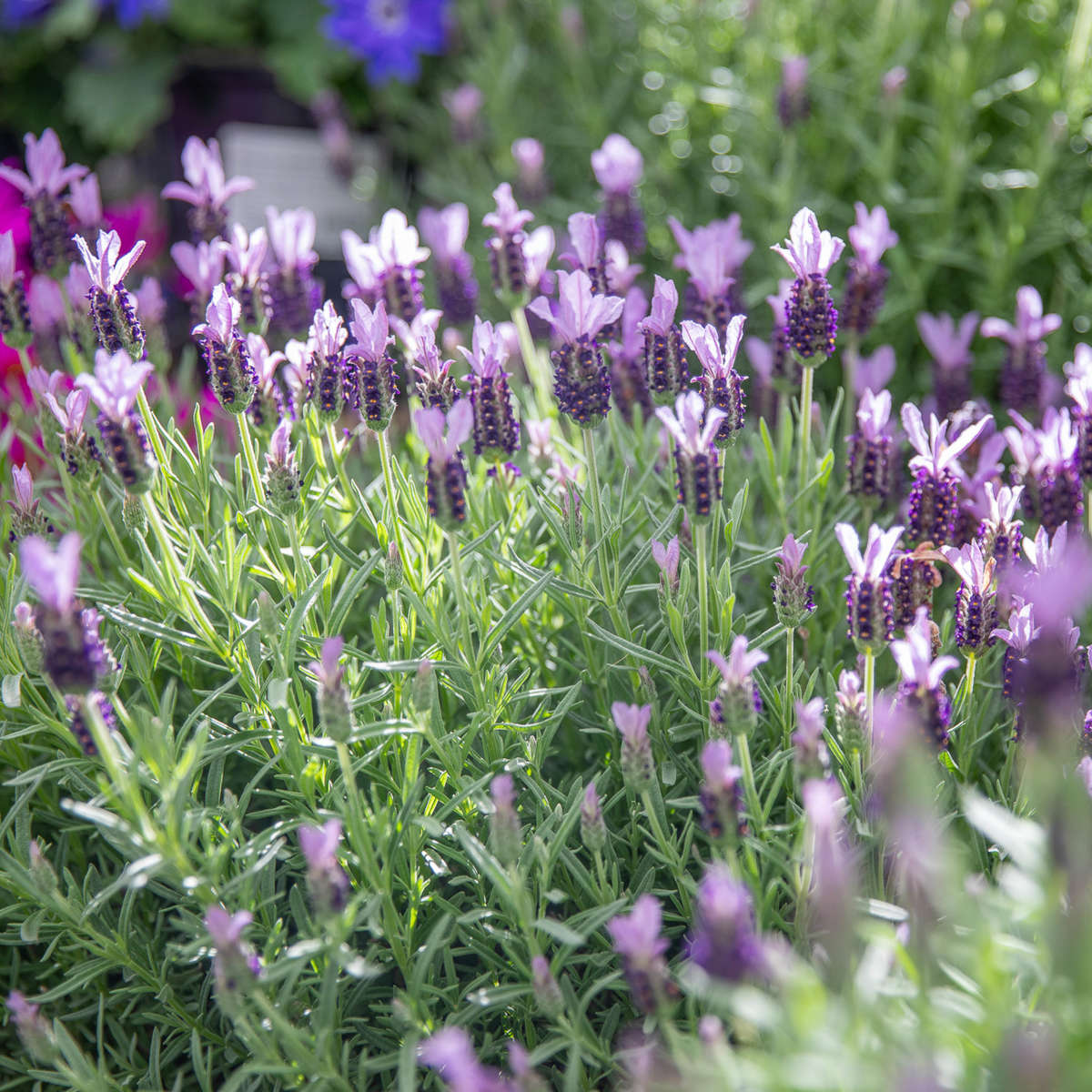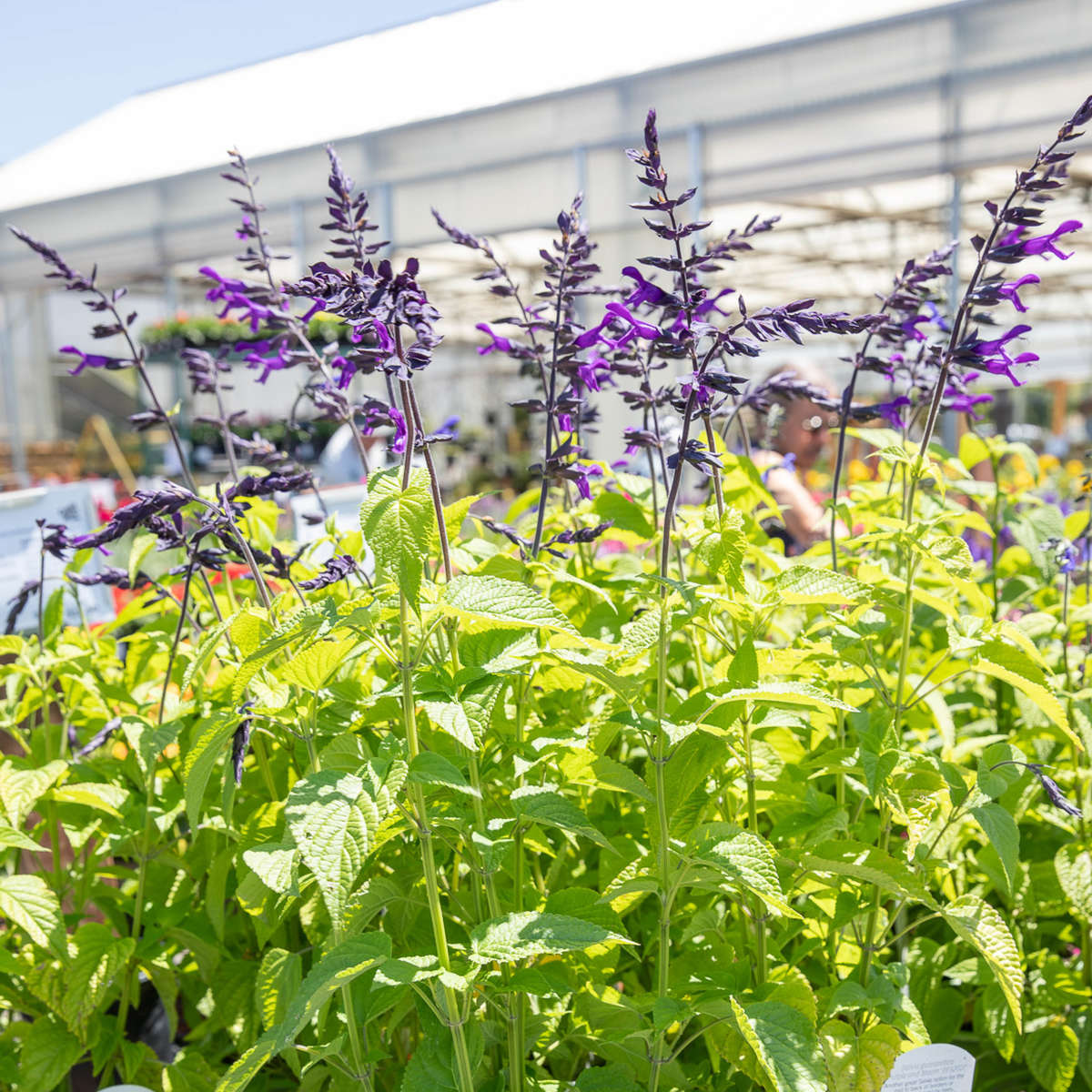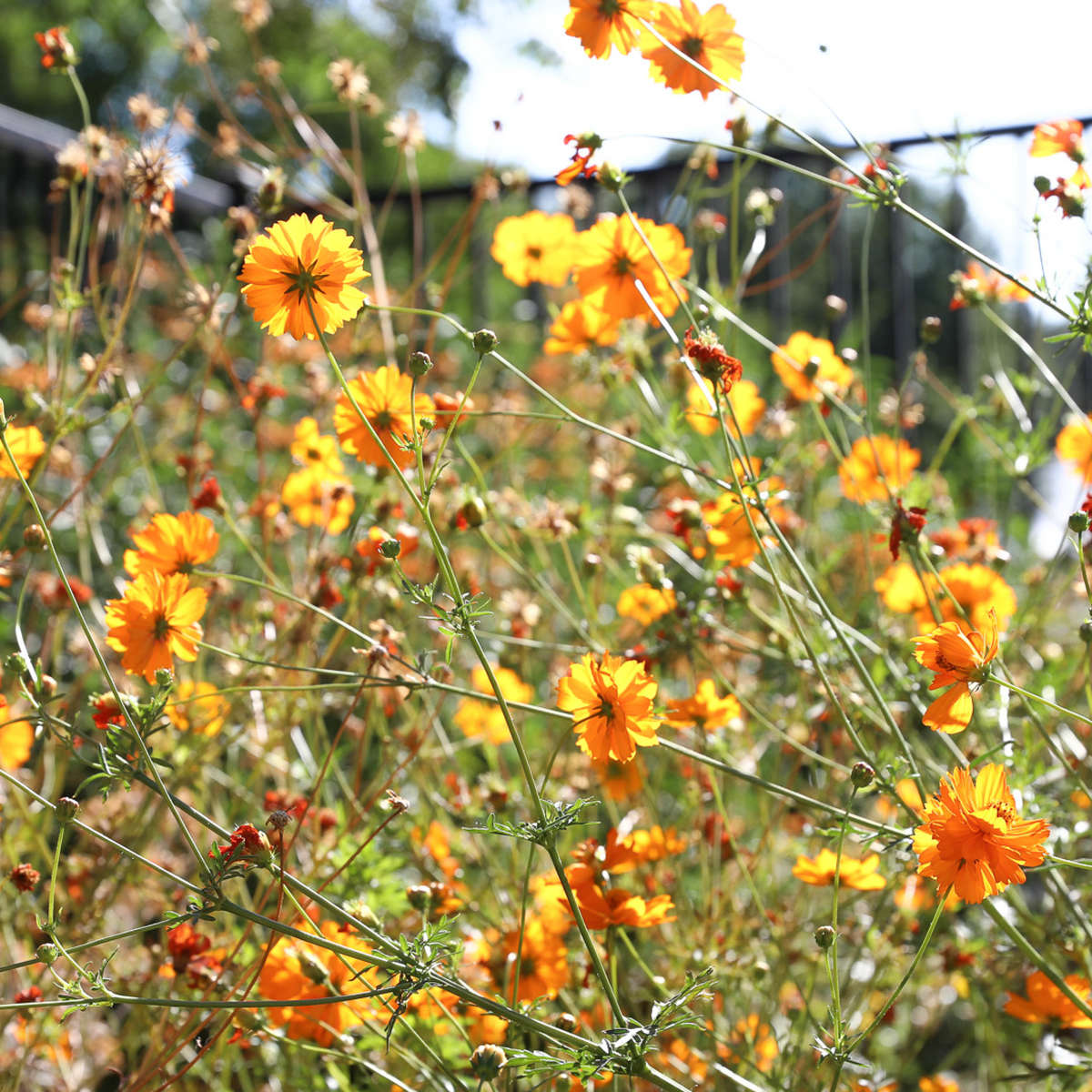
Growing African Daisies for Long Lasting Color
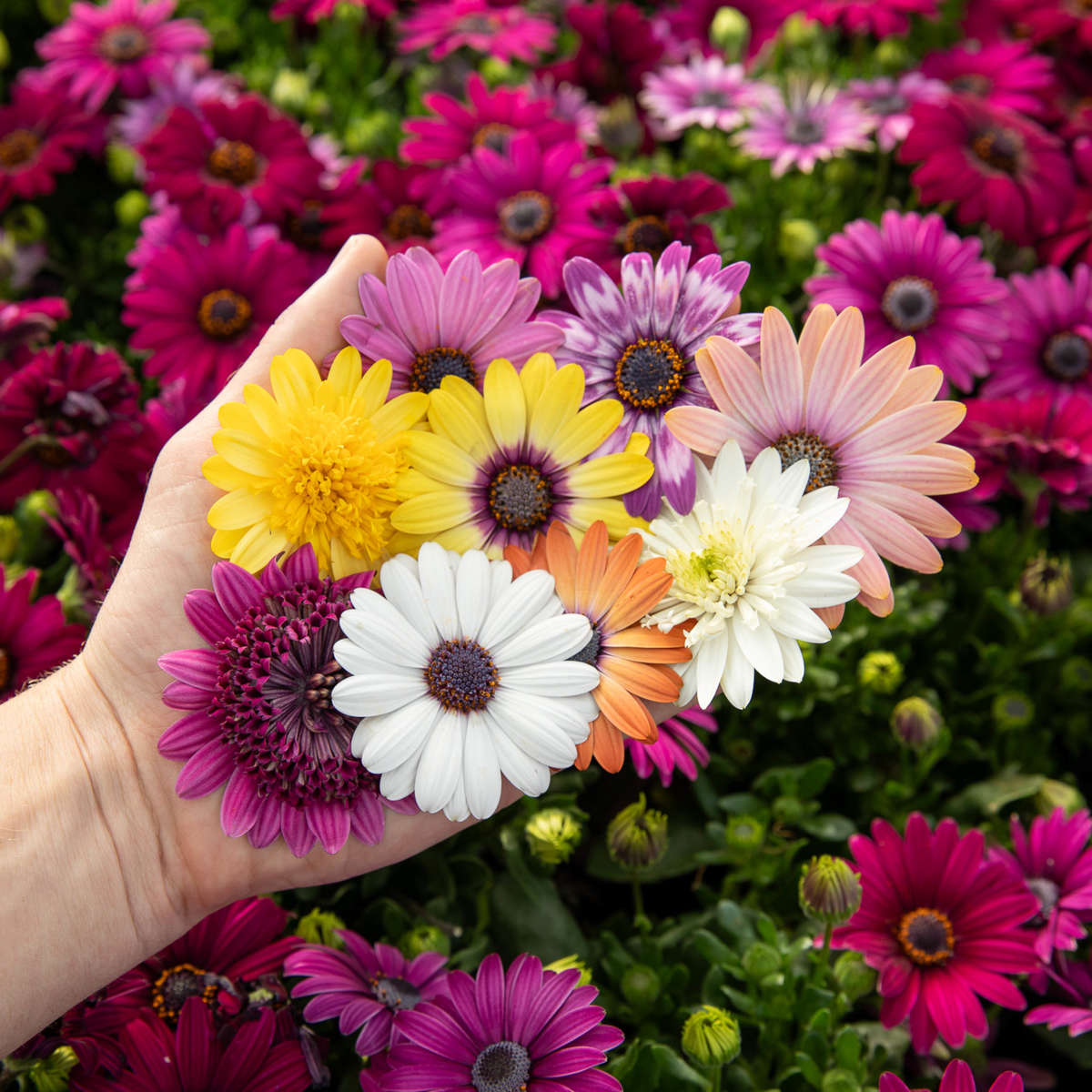
African Daisies: A Guide To These Sun-Loving Beauties
African daisies (Osteospermum) are vibrant, easy-to-grow flowers that bring stunning color to any garden. Native to South Africa, these beauties thrive in warm, sunny, Mediterranean climates and bloom abundantly with minimal care. Their long-lasting beauty, low maintenance needs, and drought tolerance make them a perfect choice for gardeners seeking a resilient plant.
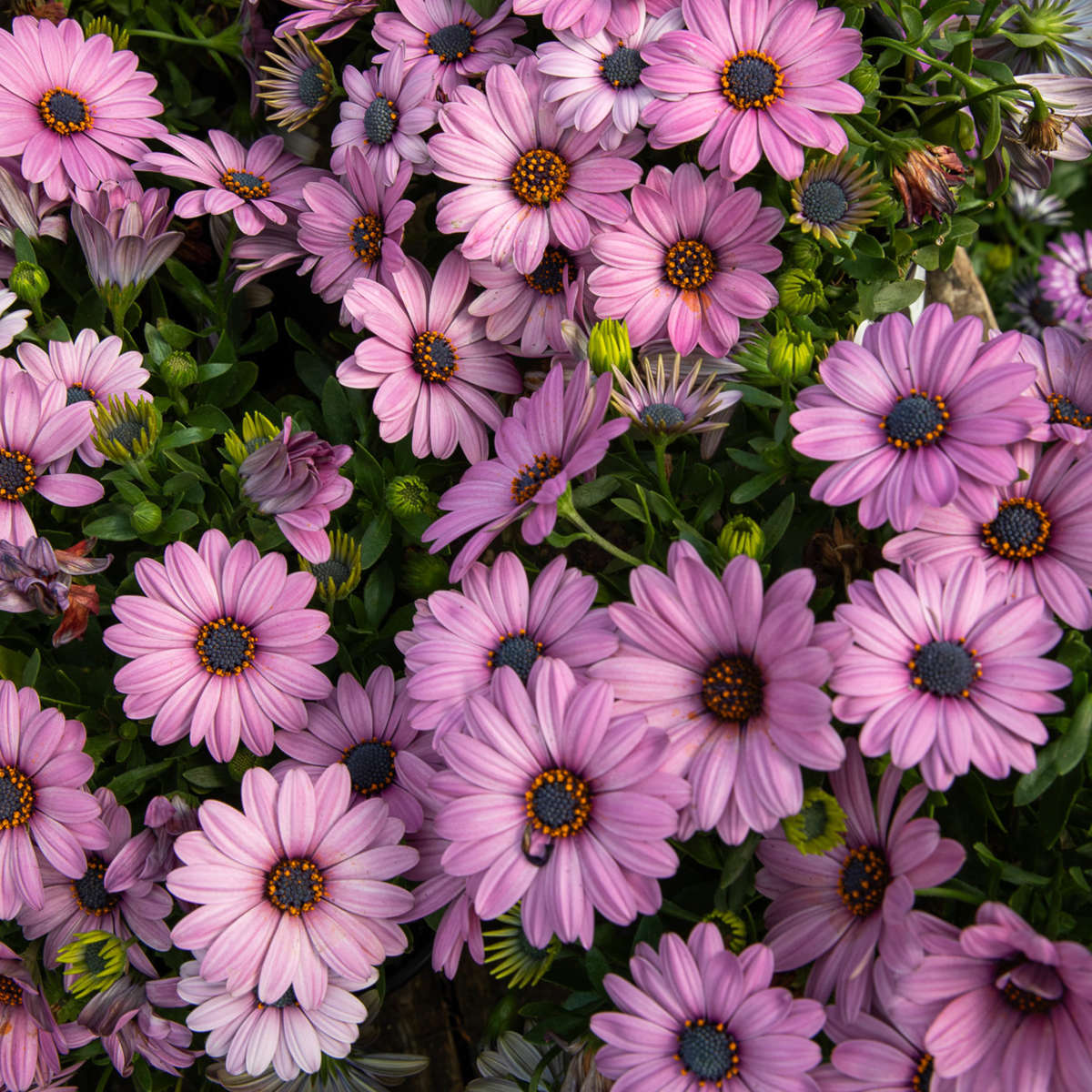
Why Grow a African Daisy?
African daisies are prized for their daisy-like blooms in shades of purple, pink, yellow, orange, and white. Some varieties even have unique, spoon-shaped petals. Their ability to withstand heat and drought makes them great for climates with hot, dry summers. Under favorable conditions they will bloom repeatedly spring through fall. Plus, they attract pollinators like bees and butterflies.
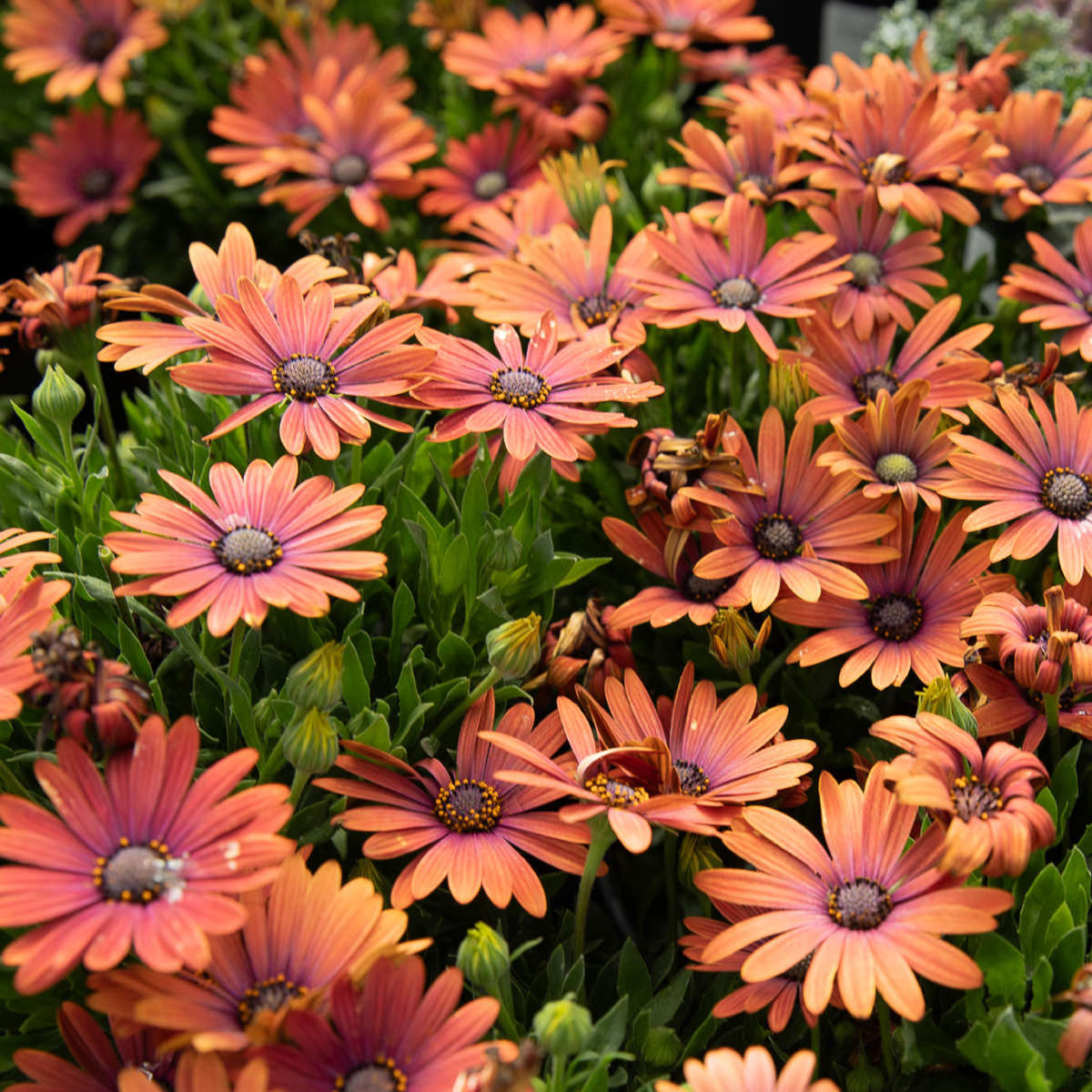
Planting and Caring for African Daisies
Sunlight: African daisies thrive in full sun, needing at least 6–8 hours of direct sunlight daily.
Soil: Well-draining soil is essential. They don’t like soggy roots, so ensure your garden bed or containers have good drainage. Adding organic matter, like compost, will also boost their growth.
Watering: Once established, African daisies are drought-tolerant, requiring only occasional watering. Water deeply but infrequently, allowing the soil to dry out between waterings.
Feeding: For continuous blooms, feed African daisies with a balanced, slow-release fertilizer every 4–6 weeks. You can also use a liquid fertilizer every couple of weeks during the growing season.
Deadheading: Regularly removing spent flowers encourages more blooms and keeps the plant looking tidy. If the plant becomes leggy, trim it back slightly to promote bushier growth.
Soil: Well-draining soil is essential. They don’t like soggy roots, so ensure your garden bed or containers have good drainage. Adding organic matter, like compost, will also boost their growth.
Watering: Once established, African daisies are drought-tolerant, requiring only occasional watering. Water deeply but infrequently, allowing the soil to dry out between waterings.
Feeding: For continuous blooms, feed African daisies with a balanced, slow-release fertilizer every 4–6 weeks. You can also use a liquid fertilizer every couple of weeks during the growing season.
Deadheading: Regularly removing spent flowers encourages more blooms and keeps the plant looking tidy. If the plant becomes leggy, trim it back slightly to promote bushier growth.
Companion Planting
African daisies pair beautifully with other waterwise plants like lavender, salvia, and coreopsis. They also complement succulents and ornamental grasses for a striking contrast of colors and textures.

